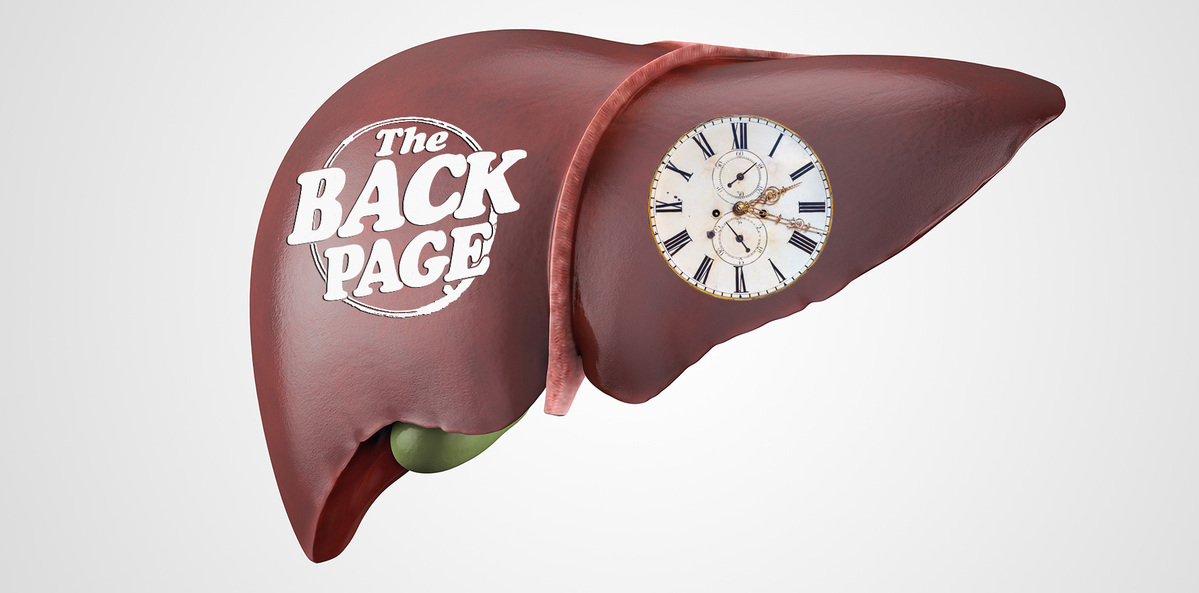It turns out our internal clock may be answering to more than one overlord.
The tiniest thing knocks my sleep cycle out of whack. Anxiety. Candy Crush. The cat dropping a huntsman on my face.
That latter incident resulted in a flying cat and the invention of several new curse words, but it did nothing for my sleep patterns, oddly.
Now it turns out that if I want to get my circadian rhythms in order, I should have a word with my liver.
Before I go much further, let me insert the all-important words – IN MICE.
Research out of the University of Queensland has found that liver cells influence the body’s internal circadian clock, previously thought to be exclusively supervised by the brain, specifically a group of cells called the suprachiasmatic nucleus.
According to Associate Professor Frederic Gachon and his team at UQ, the circadian internal body clock controls most biological functions including sleep, hormone secretion, body temperature and metabolism.
In order to test whether there were other centres, as well as the brain, at play in controlling the internal clock, the researchers transplanted human liver cells into the livers of mice.
“Mice are nocturnal but when their liver cells were replaced with human cells, their circadian clock advanced by two hours – they ate and slept at different times to mice without those transplanted cells,” Dr Gachon said.
“The mice in our study started to eat and be active before night-time began, which is very unusual for a nocturnal animal.”
I’d say having some other species’ liver popped into my abdominal space would knock my sleep patterns for six as well, but okay.
“Liver disease and metabolic diseases such as diabetes and obesity are associated with disrupted sleep, irregular eating and a disturbance of the circadian clock,” Dr Gachon said.
“This study suggests that the abnormal liver function is likely driving this disturbed rhythm.
“Our study deepens our understanding of the hormonal and neuronal mechanisms involved in the role of the liver in controlling circadian rhythms.
“It suggests that restoring liver physiology could benefit the health and wellbeing of patients.
“It also shows that the regulation of circadian rhythms is more complex than we suspected and presents avenues for investigating potential new treatments for metabolic diseases.”
If the mice results translate into positive human outcomes than bravo our little rodent friends, once again.
Until then, of course, just remember – IN MICE.
Sending story tips to penny@medicalrepublic.com.au won’t keep you awake at night.


